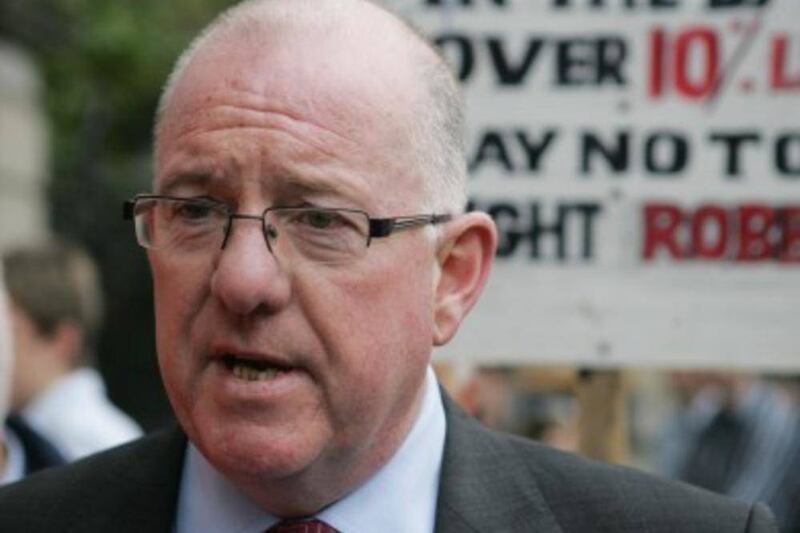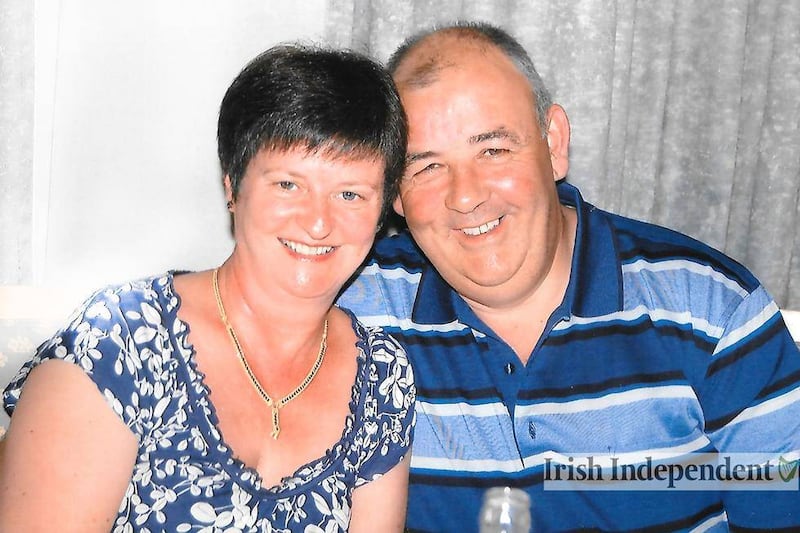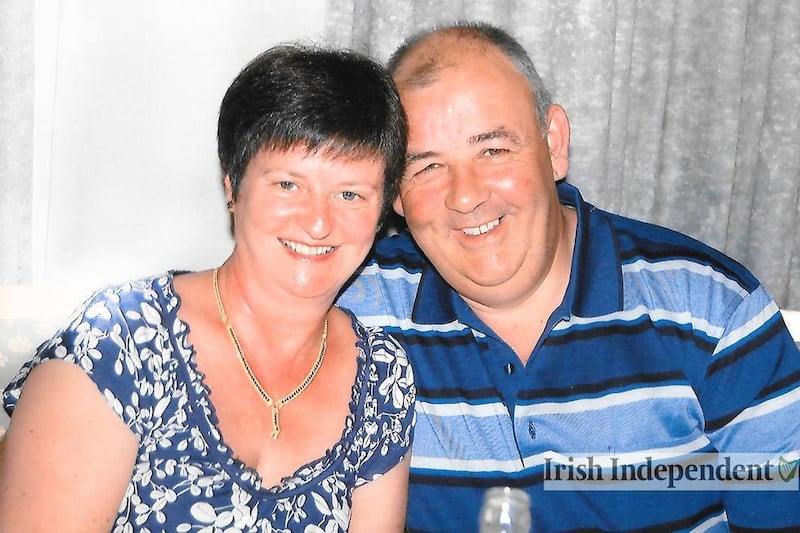THE Republic has followed Britain’s example by advising its citizens to avoid all non-essential travel to Tunisia – its second highest threat level.
Foreign affairs minister Charlie Flanagan said the expected decision was taken after consultations and consideration of the security situation in the north African state.
The advice was initially to “exercise extreme caution” in the wake of the terror attack in the resort of Sousse in which 38 tourists were killed.
Mr Flanagan said Irish diplomats have been in close contact with other countries affected by the atrocity and agencies to continually assess the security situation.
“We are now encouraging any Irish visitors to Tunisia to review whether their presence in Tunisia is essential and, where it is not, we are advising them to leave by commercial means,” he said.
Mr Flanagan said “relatively few” Irish tourists are believed to be in Tunisia at present.
“Our embassy in Madrid, which is accredited to Tunisia, will be notifying those Irish citizens who are resident in the country of the changes to the travel advice,” he said.
British foreign secretary Philip Hammond has defended his decision to tell British nationals to leave Tunisia, after protests from the north African country that the UK was playing into terrorists’ hands.
A major operation has been launched to fly more than 3,000 tourists home from Tunisia after the Foreign Office last night warned against all but essential travel there.
Mr Hammond warned a further terrorist attack was “highly likely”, following last month’s massacre in the resort of Sousse. It was “too big a risk” to allow Britons to remain in the country, he said.
Yesterday hundreds of mourners gathered to say an emotional farewell to a “devoted” couple killed in the terror attack in Tunisia.
Scottish couple Jim and Ann McQuire were among the 38 people who lost their lives when a gunman opened fire on holidaymakers on a tourist beach in the resort of Sousse two weeks ago.
As a funeral service was held for them in their home town of Cumbernauld, North Lanarkshire, their son Stuart said his parents had “lived to enjoy life”.
Meanwhile, Tunisia’s Interior Ministry said security forces leading a counter-terrorism sweep had killed five suspected extremists in central Tunisia.
The operation by the national guard and the army was near the town of El Ktar in the Gafsa region.
Ministry spokesman Walid Louguini said a gunfight erupted as a special national guard unit tracked and chased eight suspected extremists in the mountainous Ouled Bouomrane area, near Gafsa’s mining zone. He said the operation was continuing.
The Tunisian government has carried out 7,000 security operations since an attack on the Bardo museum in Tunis in March, arresting 1,000 people and stopping 15,000 young people from travelling to fight jihad abroad.
As well as Ireland and Britain a number of other western European tour operators have suspended trips to Tunisia following the Sousse killings.
Denmark, Belgium and Finland all discouraged citizens from non-essential travel to Tunisia.
France’s Foreign Ministry yesterday urged its citizens in Tunisia to be “particularly vigilant” but stopped short of urging departures.
Germany, two of whose citizens died in the Sousse shooting, made no immediate change to its travel advice.
Such decisions are a new wound for Tunisia’s struggling tourism industry and for the nation’s reputation as it tries to solidify its new democracy in a volatile region. The attack on the Bardo museum left 22 dead, mostly foreign tourists.
Irish diplomats now rank Tunisia alongside a number of countries where war, terrorism, political instability or disease is a danger including Lebanon, Egypt, Pakistan, North Korea, the Democratic Republic of Congo, Eritrea, Sudan and Guinea.
Irish citizens travelling abroad are being urged to register their details on a special registration website –dfa.ie/travel/citizens-registration – in order to provide them with quick consular assistance in the event of an emergency.
“I strongly encourage Irish citizens in Tunisia who are not yet registered with the department but who plan to remain in Tunisia to register without delay,” Mr Flanagan said.
“We keep our travel advice under constant review and will continue to monitor the situation in Tunisia very closely.”
British Embassy officials are helping with departures of British tourists at Enfidha airport, but would not talk about the ramifications of the government’s warning.
The head of the Islamist party Ennahda’s group in parliament, Noureddine Bhiri, called the British decision “manifestly damaging to Tunisia and its democratic process”.
A French diplomat said French, British and German governments will work with Tunisia, notably in improving airport security and protecting tourist sites and foreign
companies.








